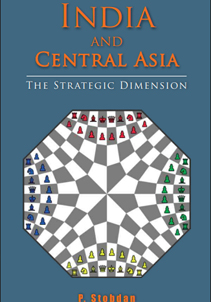Myanmar: America’s Next Rogue State
There are embryonic signs that Washington is all set to turn the heat on Myanmar next. The UN Security Council finally agreed unanimously on December 2 to a US request for a “one-off briefing” by the Secretary-General on “the deteriorating situation” in Myanmar. The US request followed the Tatmadow’s extension of Aung San Suu Kyi’s house arrest and a UN Committee resolution condemning Myanmar’s human rights abuse.
- P. Stobdan |
- December 14, 2005 |







